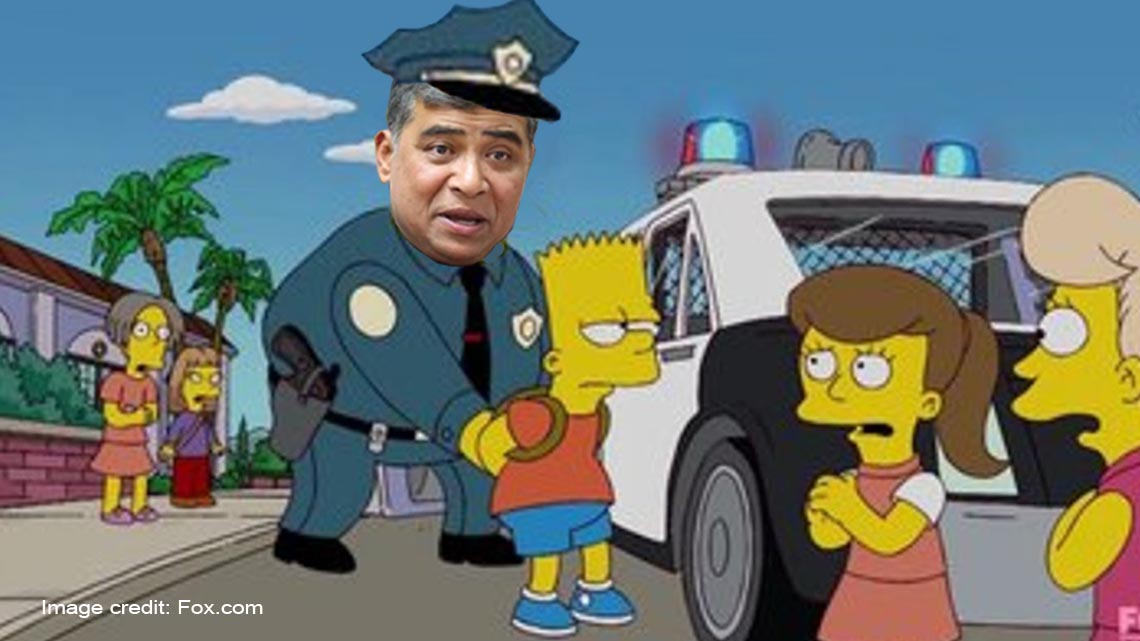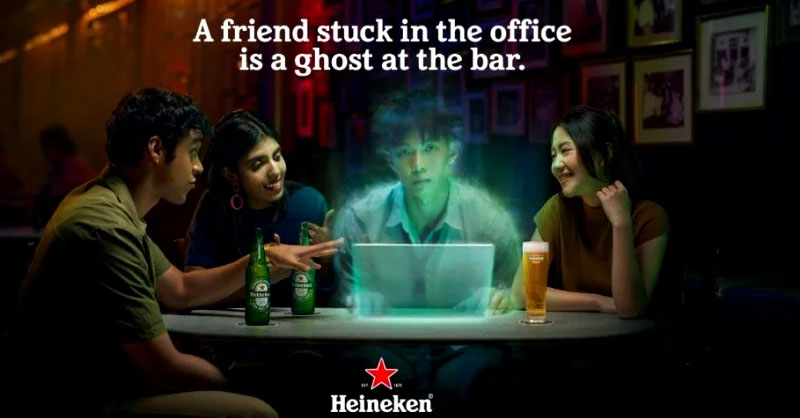After repeated cancellations, Msian event companies are now protesting… and they’ve got a plan.
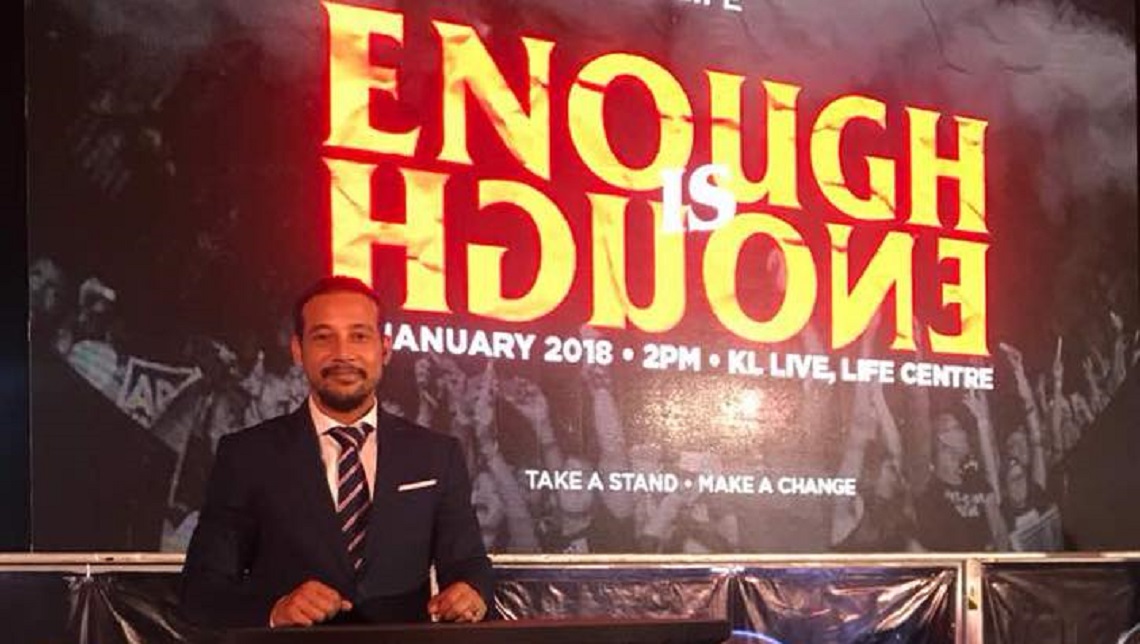
- 1.7KShares
- Facebook1.5K
- Twitter15
- LinkedIn28
- Email21
- WhatsApp87
So last week, we got a rather surprising invitation to an event called “Enough is Enough“.
The event was organised by ALIFE (Association of the Arts, Live Festivals and Events), a non-profit organisation whose council members are basically like the Avengers of Malaysia’s top events organisers – think FMFA, THIRST, Russell Peters, Jeff Dunham, Maroon 5, The Good Vibes festival, and pretty much any big event in the last coupla years.
And you might have to think back pretty far, since the last year or two have been REALLY tough on event organisers. Since FMFA2014 got cancelled, it’s only gotten worse for them, who have faced numerous cancellations, almost to the point of extinction.
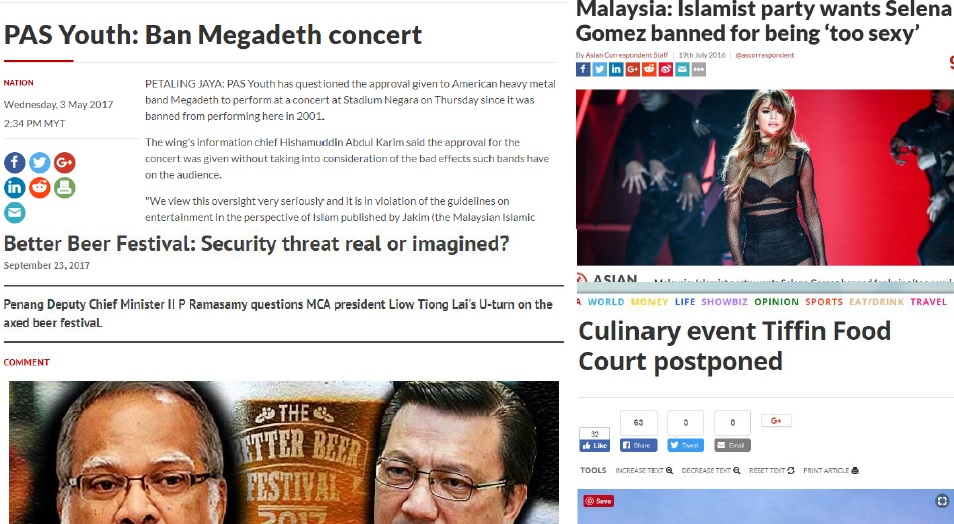
“For all these maksiat accusations, as far as I know, no one has ever taken off their clothes at any of our events. This music festival thing is a big thing for us. But now we’ve expanded to other countries.
We’re going strong there because we have no more work in Malaysia to do. We were once flourishing but now we work from cheque to cheque.” – Andrew Netto, Brand Director of Digital Aid
According to ALIFE, the events industry generates over 17,000 jobs. Livescape Asia estimated that the Future Music Festival Asia brought in 15,000 tourists and over RM52.5 million in tourist revenue. For FMFA 2014, they estimated it was around RM112.6 million. However, all these last minute cancellations are killing the industry.
“How expensive is it to cancel a show? If it’s a last minute cancellation, it means all the work has been done for the venue workers advertising promotions. Well, you can’t really do anything about it anymore.” – Edy Fathullah, VP of SEA, Total Sports Asia
But this isn’t just your every-other-week street protest with picket signs. As the event progressed, we learnt that this super-team of event organisers meant business.
“A lot of the older event organisers said “Why bother? Nothing’s gonna change“. Well, I believe that if you keep quiet they’re just gonna keep stepping on you.” – Para Rajagonal – Founder of PR Worldwide (who’s bringing Russell Peters to KL in March)
They got flow chart all wei…
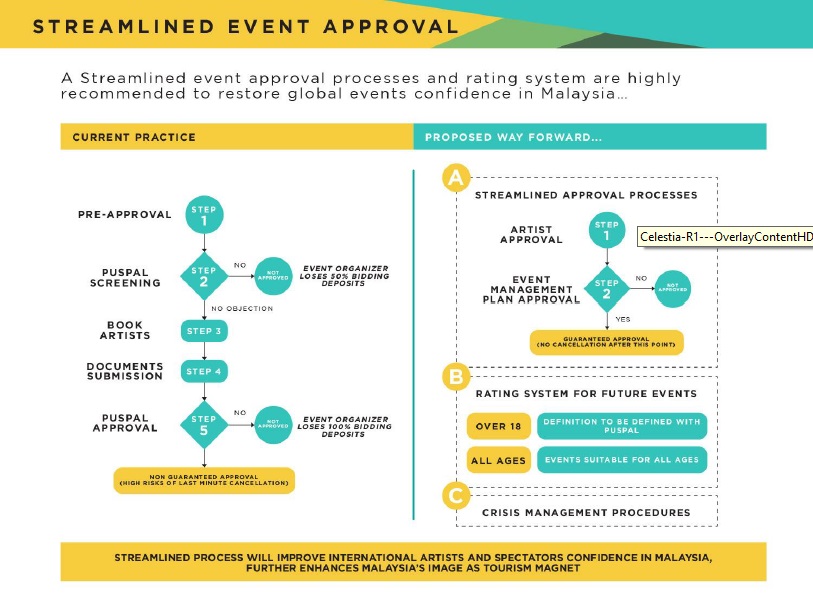
Ok ok… don’t panic. Let us explain. Basically, any live music event with an international artist requires 3 approvals to proceed:
- The local municipal council e.g. MPPJ, DBKL
- The local police branch e.g. Bukit Aman
- PUSPAL – a branch of KKMM (Kementerian Komunikasi & Multimedia), which oversees the approval of foreign artists to Malaysia
Basically if any one of these entities doesn’t agree to the event, then the event is legally not allowed to proceed.
This writer would’ve voted PUSPAL, but this writer would’ve been wrong.
“Lately, most of the last minute objections come from DBKL, and a few from MPSJ. Actually, over the past few years, there have not been any cancellations from PUSPAL” – Rizal Kamal
According to Rizal, PUSPAL is the one who decides if an artist is culturally appropriate for Malaysia. The police is in charge of safety, and local municipal is in charge of impact to the local community – e.g. traffic.
“We are event organisers, we are professionals. We are not Pablo Escobar, we don’t push drugs. Drugs are gonna be there anyways. We don’t control the borders but we tighten the borders. It is a humongous task to have absolute security.” – Para Rajagonal
However, it doesn’t always work out that way. Sometimes it’s the municipal council (DBKL on the Better Beer Festival), sometimes it’s the police (Sepang police on the KL Urban Music & Art Festival 2016), and sometimes it can be quite unclear (MPSJ and Police on Thirst 2015).
“We have political parties using live events to forward their agenda. In other countries this used to happen but they realised these live events were important to the country.” – Rizal Kamal
The shocking problem is that most of these events had already been pre-approved, and then denied at the last minute, which is essentially what the flowchart above is supposed to fix.
“The problem is whatever comes from PUSPAL is not binding with the local council. It’s strange because every Tuesday, there’s a PUSPAL meeting where they talk about upcoming events and DBKL and the police have representatives. The local council is supposed to only be involved in traffic impact.” – Rizal Kamal
Essentially, what ALIFE wants is for PUSPAL’s approval to be rock-solid. PUSPAL communicates with the police and local councils, and once approval is granted, it cannot be revoked.
“So either we disband PUSPAL, or we give them all the power. PUSPAL does have their advantages being at a national level. What we’re lobbying for is for PUSPAL to be binding.” – Rizal Kamal
And it seems the authorities kinda agree too (!)
While at the event, this writer was half expecting an ironic raid by police. However, according to the organisers, some members of the police were in attendance, as well as PUSPAL officials. Why? Because there’s a bigger fish to fry here.
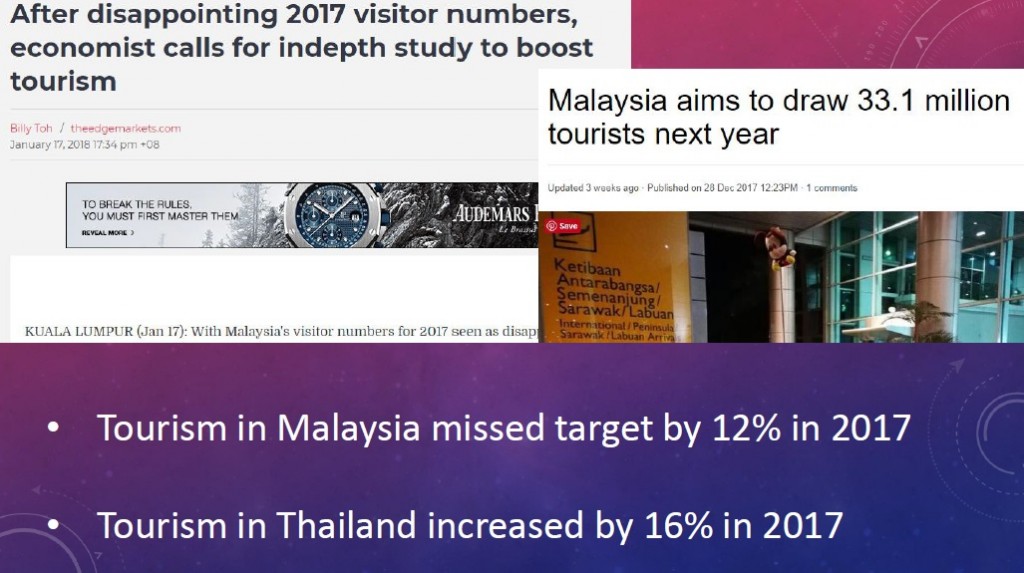
Some will be surprised that Malaysia ranks 9th in the world for number of visiting tourists. For the last few years though, Malaysian tourism has taken a hit. In a nutshell, tourists are staying longer and spending more in neighbouring Thailand.
“The music industry and ancillary industries generated RM13.4 billion last year.
We contributed RM6.1 billion to our GDP and RM247 million in taxes. What we want is for the government to understand that music is a serious business.” – Darren Choy, Chairman of the Recording Industry Association of Malaysia (RIM)
According to the The Star, in 2011, international events brought in RM845mil, in 2012 it was RM916mil, and in 2013, almost RM1.2 billion. Others have also noted that suppliers these days don’t even DARE to support a live event for fear of it getting cancelled.
“These days, all the suppliers also worried, saying “Ini event confirm cancel la boss, so kita tak mau buat la”.
Every year, I go for the Djakarta Warehouse Project, and when some DJs ask “All the people from Malaysia raise your hands!!“, 30,000 hands go up with Malaysian flags and all.” – Andrew Netto
And some, like DJ Blink who recently played at the famous Tomorrowland festival in Belgium, worry about the future development of local talent as well.
“How we got to where we were was by starting out in local music events here in KL. We can still play in clubs now, but it’s 21 and above. So with no live events, we lose the under 21s.” – DJ Blink
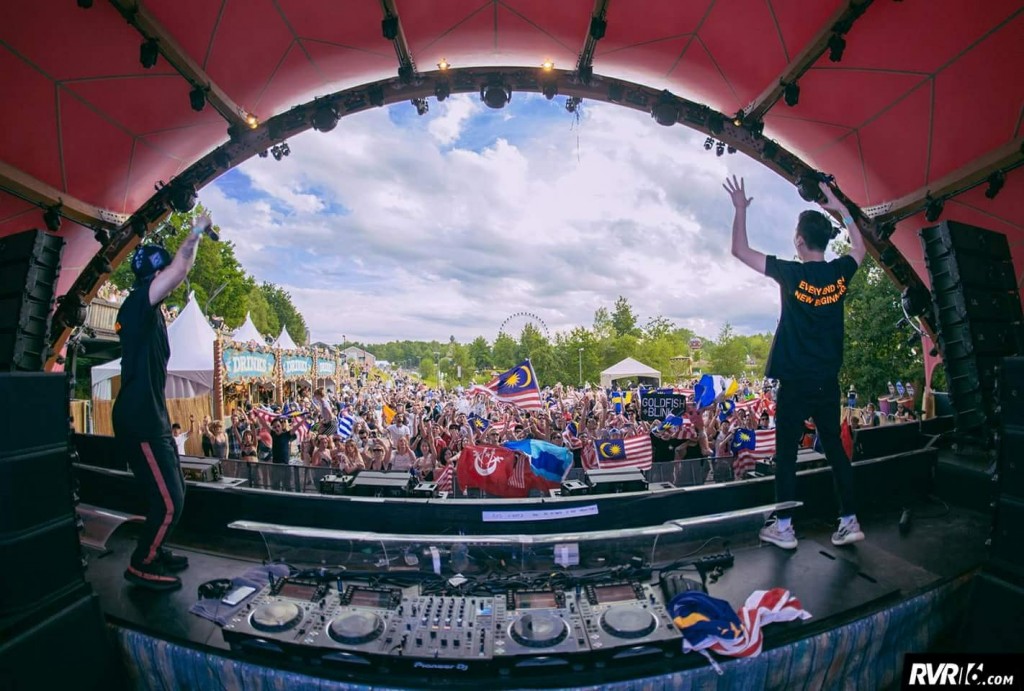
“With tourists now opting for other countries, KL needs to be marketed as more than just a shopping heaven. Our city has much more to offer than shopping and sandy beaches. For most events with international acts, more than 35% tickets are from overseas” – Edy Fathullah
Based on past years, ALIFE is targeting to bring it 250,000 tourists through live events alone over the next 3 years. They estimate this could generate up to RM1.48 billion in revenue, with RM89 million in GST collections alone. And there are also the worries that each cancellation (that usually generates A LOT of international news coverage) could start to brand Malaysia as an unattractive destination.
“Having festivals in Malaysia is not a bad thing. Let’s make Malaysia cool again.” – Andrew Netto
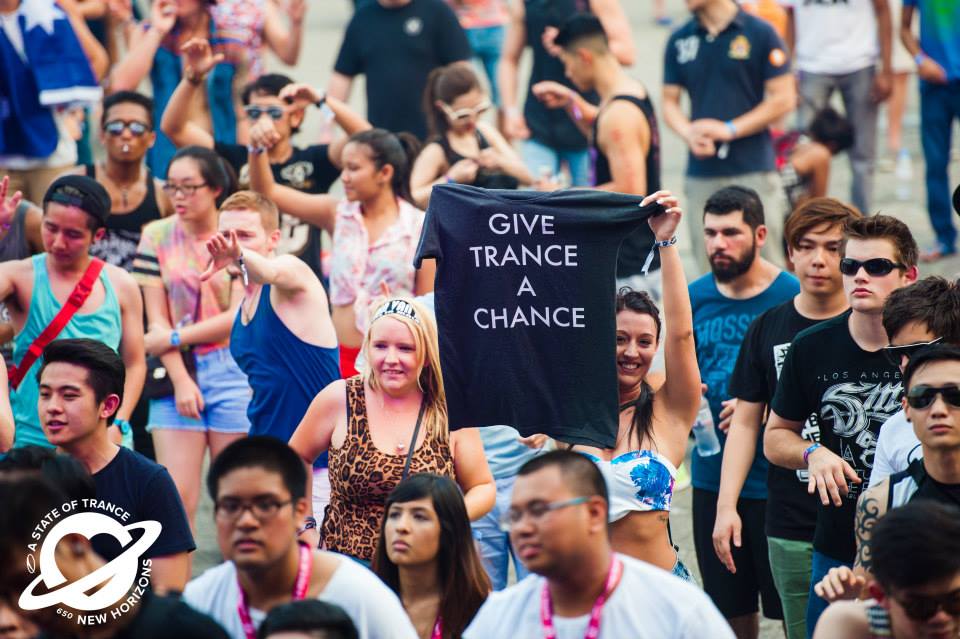
- 1.7KShares
- Facebook1.5K
- Twitter15
- LinkedIn28
- Email21
- WhatsApp87

